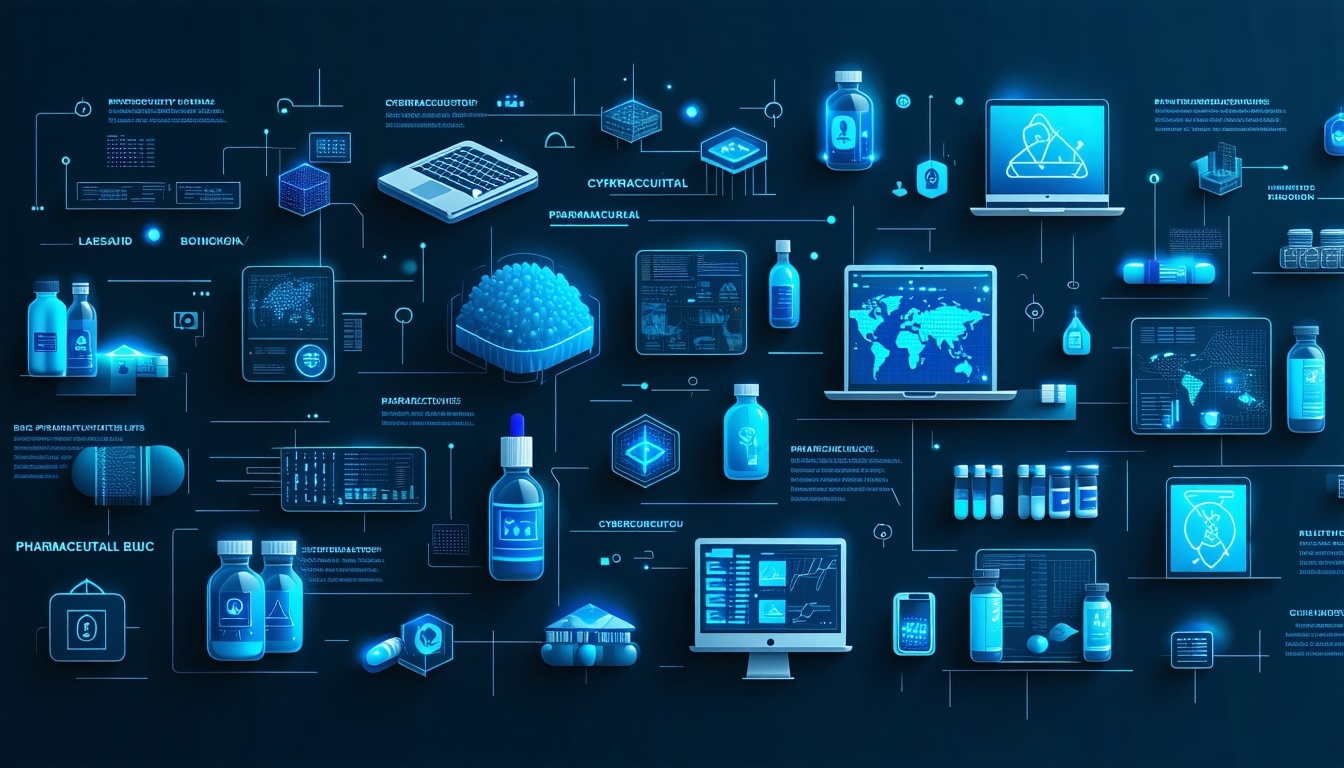Strengthening Cybersecurity in the Pharmaceutical Industry
AI • May 12, 2025 12:00:00 PM

In today's digitally driven pharmaceutical landscape, cybersecurity is no longer just an IT concern—it's a business-critical priority. With sensitive data ranging from clinical trial results to proprietary formulations and regulatory documents flowing across international borders, the risks associated with data breaches have never been greater. And yet, one often overlooked vulnerability lies in the translation process itself.
Pharmaceutical companies rely heavily on language service providers (LSPs) to translate clinical, regulatory, marketing, and technical materials across multiple languages. These materials often contain confidential or regulated data. If translation workflows are not secured properly, they can become a gateway for cyberattacks, intellectual property theft, or compliance violations.
The Intersection of Translation and Cybersecurity
Every time a document is uploaded, downloaded, emailed, or stored during the translation process, it becomes part of a digital supply chain that must be protected. Whether it's a translated patient information leaflet or a multilingual submission to the EMA or FDA, data must be shielded from unauthorized access and cyber threats.
Key vulnerabilities in the translation process include:
-
Use of unsecured file transfer methods
-
Inadequate access controls on translation platforms
-
Poorly encrypted or outdated translation management systems (TMS)
Why Cybersecurity Standards Matter in Translation
Pharmaceutical companies are bound by strict data privacy laws and industry-specific regulations like HIPAA, GDPR, and 21 CFR Part 11. Translation vendors that fail to comply with these standards can put their clients at legal and financial risk. That’s why choosing a translation partner with cybersecurity protocols is essential.
LSPs that prioritize cybersecurity can offer:
-
End-to-end encrypted communication and file handling
-
ISO certification for information security
-
Secure cloud-based TMS with role-based access control
-
Compliance with industry-specific regulations
-
Confidentiality agreements and background checks for linguists and project managers
How Translation Companies Can Enhance Cybersecurity Standards
Medical translation companies aren't just service providers—they're strategic partners. By embedding cybersecurity best practices into their workflows, LSPs can help raise the overall data protection standards within the pharmaceutical sector. This includes:
Educating Clients – Guiding pharmaceutical companies on secure file-sharing methods and best practices.
Investing in Technology – Implementing secure, encrypted TMS platforms and secure API integrations.
Certifying Processes – Maintaining ISO certifications (e.g., ISO 27001, ISO 9001, ISO 17100) to validate their commitment to quality and security.
Building a Security Culture – Training all personnel on data protection, phishing awareness, and cyber hygiene.
Collaborating Proactively – Working closely with clients’ IT and compliance teams to ensure alignment on security expectations.
Conclusion
In an industry where trust, compliance, and data integrity are paramount, cybersecurity must be a top priority—not only for pharmaceutical companies but also for every partner they engage, including translation providers. By choosing a medical translation company that understands and upholds rigorous cybersecurity standards, pharmaceutical firms can ensure that their multilingual communications remain accurate, confidential, and secure.
